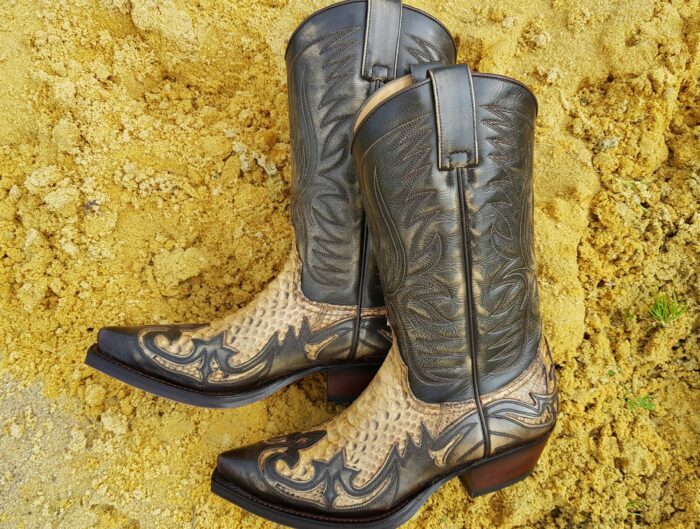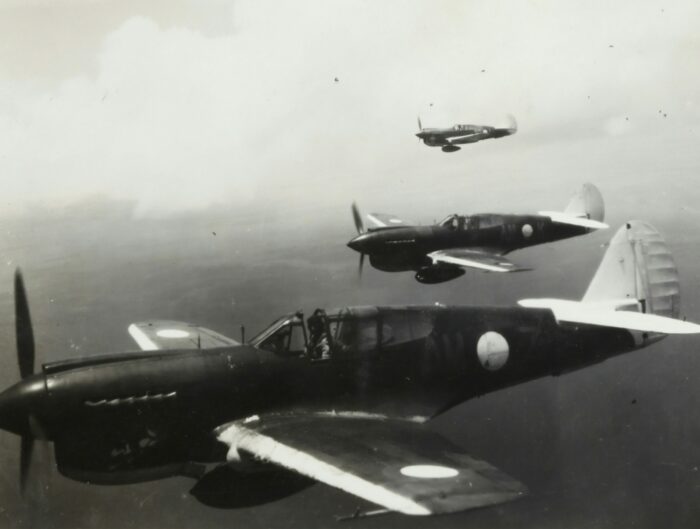What you didn’t say snapped like a rubber band to the wrist. You loved silence, and all I wanted was the salt of your voice. Maybe it was the hours you spent with your nets, casting them into the sea. Maybe the silver of the lisa blanca, their shimmer in the shallows. Maybe the birds. Always the birds. You looked to them as if they told you stories, as if their stories could tell you where you came from and where you would die, and as if their tails were tails, not forked tongues. But you never said what they said, so I never knew what to say.
In school, the teacher filled the chalkboard with a hundred words for blue: azul marino, celeste, azulado, because sea light changes like breath. The first day you took me on the sand path to the beach, you slung the casting net over your shoulder, a long blade tucked into your belt, 3 cigarettes you rolled the night before slid into your shirt pocket, and the tamale Mama had made and wrapped in paper dropped into a bucket you carried in one hand. The sand was too hard; I slipped and couldn’t keep up. By the time I got to the water, you were spreading out the net. My breath was so loud in my ears I couldn’t hear the waves on the beach, the gulls crying for all you would hack off the fish and spill. That was before, when you could button your shirt, when your pants didn’t hang like a curtain.
What you didn’t say, I saw only one time. Maybe I was twelve, no taller than my grandmother. You had left at sunrise, the sea a transparent blue like the veins through her skin. The day before, a girl in my class had lifted her skirt when I bent to pick up my pencil, her leg coffee-brown, her panties the yellow of chamiso. When I raised my head and placed the pencil in the gutter of the textbook, she didn’t smile, her face turned to the teacher.
On the way home, she was leaning against a wall with other girls. Her leg was bent, her foot flat against the wall. Maybe three girls. Always other girls.
“What did you see, Paco?” She tugged up her skirt, not high.
The girl with the mole on her cheek said, “Perv.”
The one with tangled hair said, “Virgin.”
“Haven’t you seen a girl?” The girl from class put her foot down, pushed off the wall. “I’ll show you.”
I ran to the square. Father Rivero was washing his clothes in the back of the rectory. He didn’t have his robes on, and his undershirt didn’t cover his belly. He was scrubbing his shirt on the washboard, over and over, his arms stretched out. Each stroke down, he blew his breath out. Five strokes, five breaths, he flipped the shirt over. Again. It wasn’t a good time to talk.
The next morning, the sea so clear it almost wasn’t there, when you spread the net on the sand, I watched from the path. You didn’t go right to work the way you used to. You lowered yourself to the sand, lifted the long blade from your belt, then laid it next to the bucket beside you. With your thick fingers, you dug in your shirt pocket, pulled out one cigarette and your matchbook. You faced the sea, the light from the match flashing in your face until you flicked it out. You coughed into your fist and smoked. In minutes, the gulls swarmed above you, and you blew smoke at their cries. A hundred gulls and terns circled and you raised your head as if to hear them more clearly.
When the frigate bird came, you raised yourself up, tossed your cigarette on the sand, the gulls scrambling to peck it, and you reached into your bucket. Maybe it was the soft cornbread Mama had baked that morning. Maybe it was pork from dinner last night. But you held a piece of something high over your head, and you waited. The gulls and terns swirled, their wings tucked and spread, their bright red beaks open. But they didn’t grab what you had. It was the frigate bird that swooped past the others, and suddenly above your head there were more of them. And more. Their tails split; their wings pointed like scissors. They made no sound. But there was the sound of your laugh, high like a school bell. Your laugh carried across the water. It rang and rang.
I learned not to want words. ◆
*In response to a photograph, “El Señor de Pájaros” by Graciela Iturbide
Photo credit: Dave Gregory


